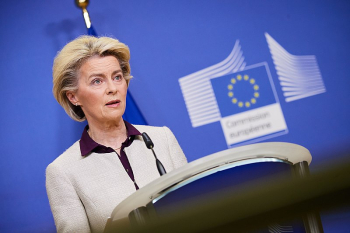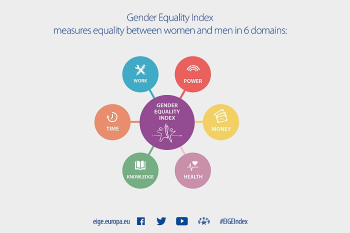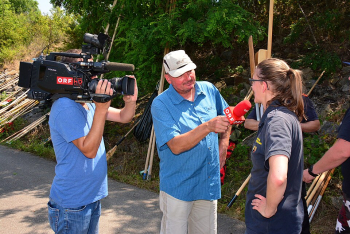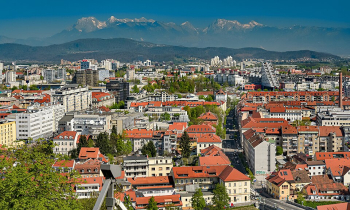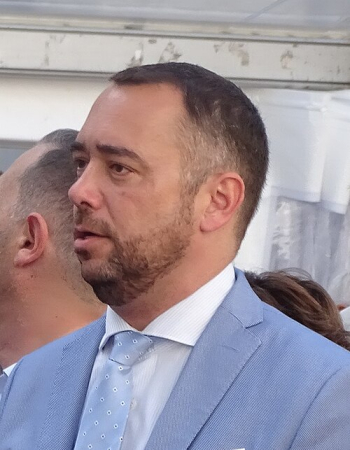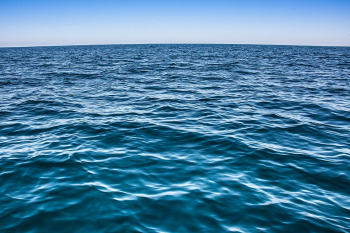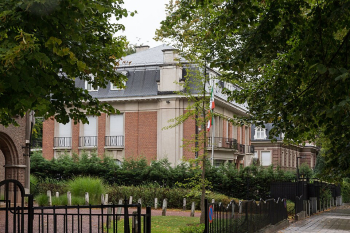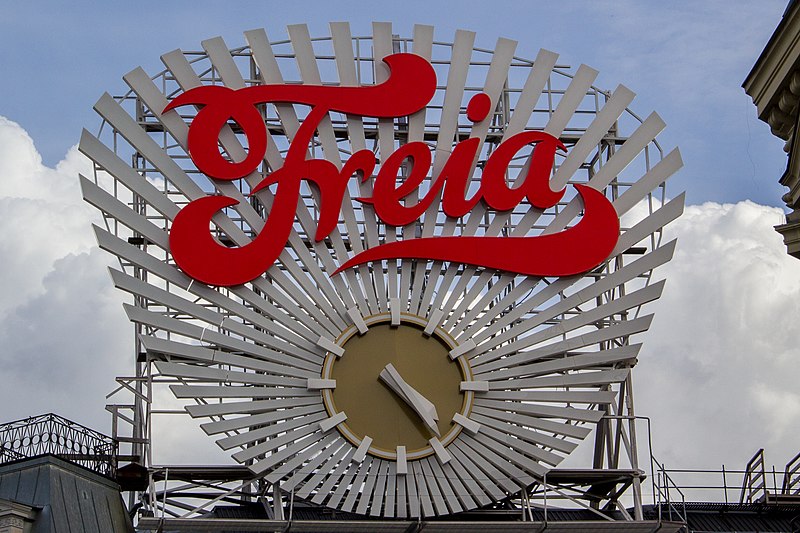
The boycott of Freia, Oslo's iconic chocolate maker, is gaining momentum as more organizations and businesses join in. The Norwegian Parliament is considering dropping all
products made by Freia, known for its milk chocolate that symbolizes a "little piece of Norway" with its depiction of idyllic Norwegian dairy farms. The boycott stems from the fact that Freia is owned by Mondelez, a major US-based food producer that has been blacklisted by Ukraine.
Freia, which has been under foreign ownership since Kraft Foods acquired it and later became Mondelez, has remained a popular local employer, chocolate producer, and sponsor of various sports and Norway's national trekking organization, DNT. However, the controversy erupted when airline SAS decided to stop offering Freia products on board. The reason behind this move is Mondelez's continued operation of three factories in Russia, which are believed to generate significant revenue and contribute to the financing of Russian President Vladimir Putin's war on Ukraine. As a result, Mondelez has been added to Ukraine's blacklist of companies supporting Russia's economy.
The boycott quickly spread to other airlines, including Norwegian and Widerøe, and gained support from the national football federation NFF, which halted the sale of Freia products at its kiosks. DNT, in a highly symbolic move, severed ties with Freia, ending years of cooperation that benefited both organizations. The boycott extended to other companies such as Hurtigruten and the hotel chain Strawberry, who decided to no longer offer Freia products. Ice cream maker Hennig-Olsen and major retailers are also seeking meetings with Freia's management to discuss the situation.
The boycott has raised questions and divided opinions. Some argue that singling out Freia may be unfair, as other international companies, including PepsiCo, Unilever, Yves Rocher, and L'Oreal, also have operations in Russia but have not faced similar boycotts in Norway. Financial analysts question the selective nature of the boycott and the reasoning behind targeting Freia specifically.
Meanwhile, Mondelez Norge, the company responsible for Freia in Norway, issued a press release expressing a willingness to engage in dialogue with the government to clarify its position. They emphasized that they do not sell products in Norway that are produced in Russia and maintained that they are not in violation of any sanctions. Freia is described as a Norwegian brand, producing items with Norwegian milk at its historic factory in Oslo's Rodeløkka district. The boycott has caused concern among the approximately 130 employees at Freia's factory, who fear potential layoffs.
The Norwegian government has taken a neutral stance on the boycott, with Prime Minister Jonas Gahr Støre stating that it is ultimately up to individuals to decide which products they purchase. Various government ministries have advised companies and consumers to make their own ethical decisions regarding the boycott.
As the boycott unfolds, the controversy surrounding Freia and its ownership remains a topic of debate. The situation highlights the complexity of balancing commercial interests, ethical considerations, and geopolitical conflicts in a globalized world. Photo by Stefan Schäfer, Lich, Wikimedia commons.

